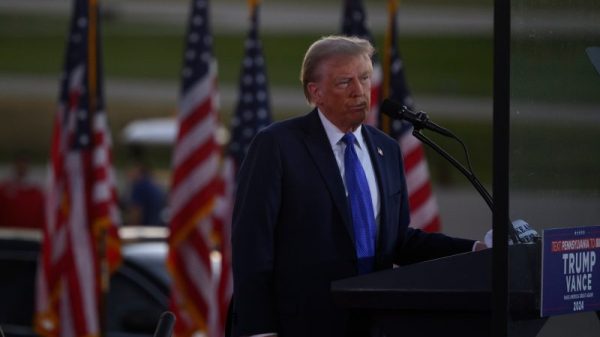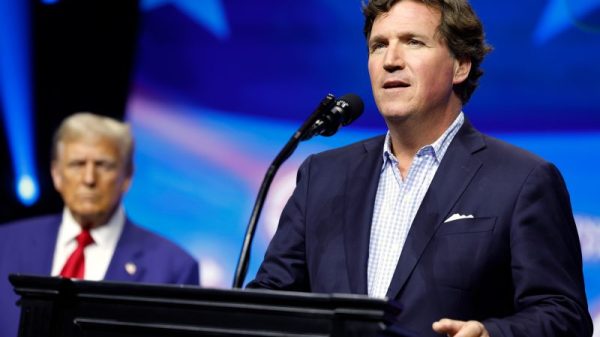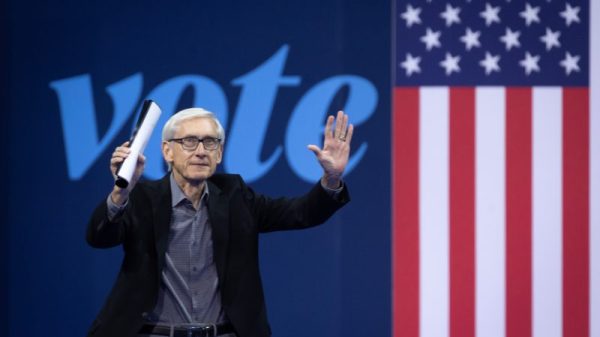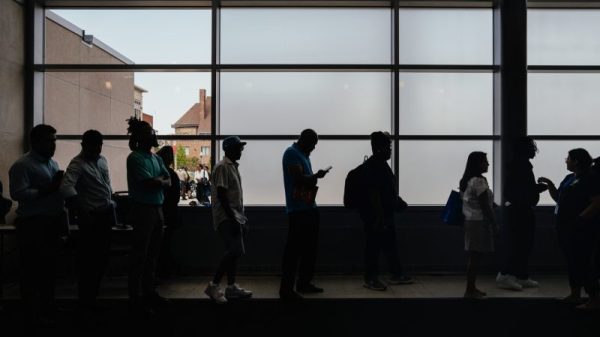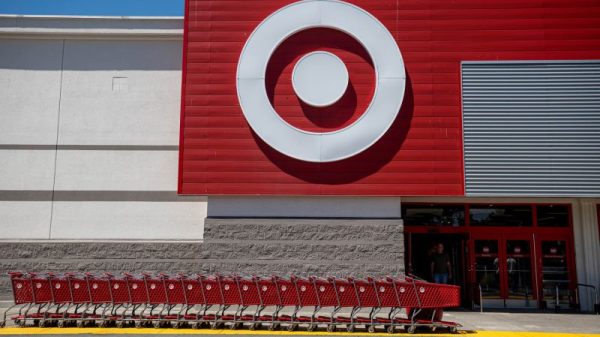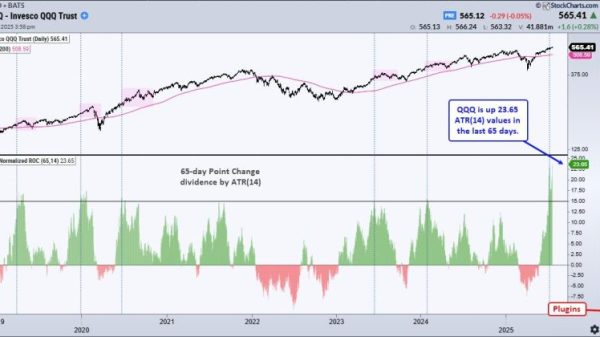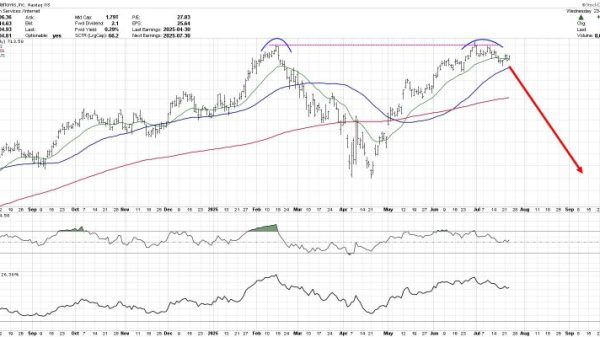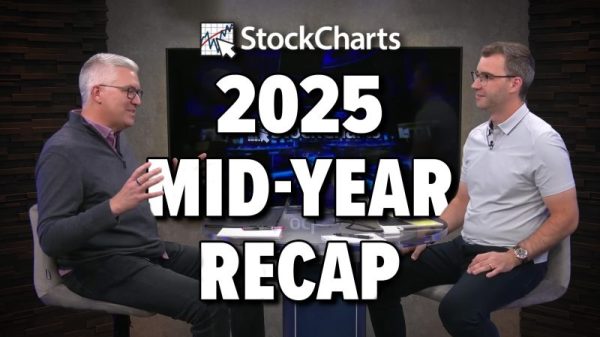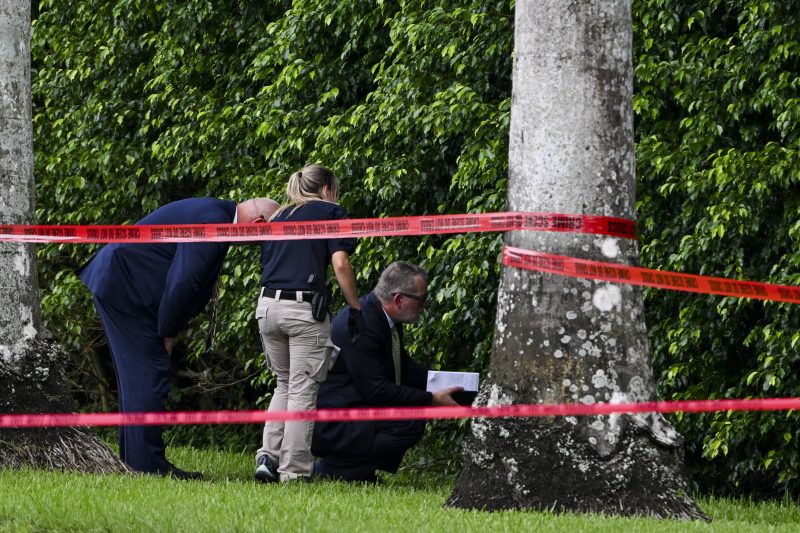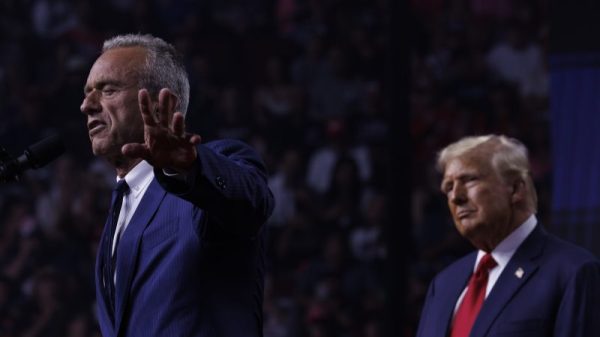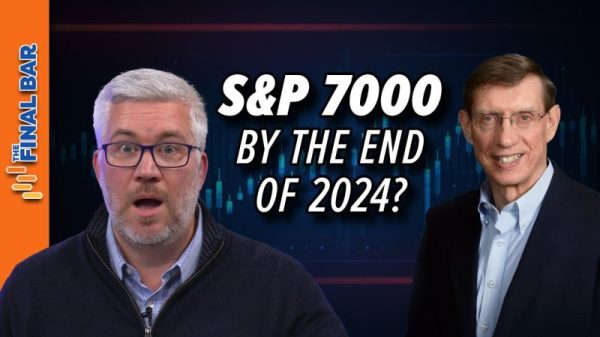The big question in the 2024 election is increasingly not just who will take office come Jan. 20, 2025, but also what kind of ugly scenes will be visited on the country before we ever reach that point.
That specter looms larger and larger amid a series of ominous signs.
One obvious such sign is what may have been the second assassination attempt on former president Donald Trump in nine weeks on Sunday. But compounding the problem are the increasingly coarse and partisan reactions to violence and threats of violence; the significant embrace of potentially justified political violence and vast conspiracy theories; a rise in threats; and the increasingly shameless and tolerated promotion of misinformation and bigoted views on social media.
And it’s often the right raising the temperature.
Reactions from Republicans to the latest threat to Trump’s life, at his Trump International Golf Club in West Palm Beach, Fla., were foreboding.
After slowly warming to the idea of blaming the political left for the assassination attempt at a rally in Butler, Pa., in July — despite scant evidence — Trump on Monday wasted little time assigning blame similarly for the latest threat.
“He believed the rhetoric of Biden and Harris, and he acted on it,” Trump claimed to Fox News about Ryan Wesley Routh, the man who has been arrested and charged after he allegedly shrouded himself in the bushes near the golf course with a rifle as Trump played golf. “Their rhetoric is causing me to be shot at …” (The suspect allegedly fled without firing.)
This echoes previous Republican suggestions linking the July assassination attempt to Democrats having called Trump a “threat to democracy” and a danger to the country.
Trump said that Democrats, in fact, “are the ones that are destroying the country — both from the inside and out.” He added: “It is called the enemy from within. They are the real threat.”
There is no evidence that Routh was spurred by Democrats’ rhetoric, just as there is no evidence that Thomas Matthew Crooks, the suspect in the Pennsylvania shooting, was back in July. Crooks was a registered Republican who left little in the way of a paper trail about his motivations before his death; Routh is apparently a former Trump voter who embraced both Democrats and Republicans who challenged Trump in recent years.
Democrats have also largely backed off the “threat to democracy” rhetoric over the past two months. Trump, in turn, has stepped up such rhetoric against them.
There is plenty to learn about both cases. But Trump is signaling to his supporters that Democrats have effectively played a hand in possibly trying to get him killed — twice — after previously suggesting that the FBI sought to assassinate him. And he continues to use precisely the kind of rhetoric that he himself casts as inciting. His supporters, meanwhile, leap to blame the left; Elon Musk late Sunday night even noted that “no one is even trying to assassinate Biden/Kamala,” before deleting the post. Many high-profile Trump allies and congressional Republicans quickly linked Sunday’s events to Democrats’ rhetoric, as well.
The tense political debate comes after plenty of other markers of a political tinderbox.
While Republicans have cried foul about Democrats’ rhetoric, it wasn’t that long ago that they and their allies greeted an attack on a prominent Democrat with jokes and ridiculous conspiracy theories. Republicans and conservative commentators frequently joked about the late 2022 attack at former House speaker Nancy Pelosi’s (D-Calif.) house that left her husband, Paul Pelosi, with severe injuries. They even suggested, based on bogus evidence, that it was a gay lovers’ tryst gone wrong. Trump made light of the situation as recently as this month, quipping that the wall around the Pelosis’ house “didn’t help too much with the problem she had.”
Such conspiracy theories have increasingly found voices not just in extreme activists and social media users but Republican officeholders and prominent commentators. In recent days, many of them have pointed to thinly constructed theories about last week’s debate between GOP presidential nominee Trump and Democratic nominee Vice President Kamala Harris being rigged.
The scene Sunday also came as Trump and his allies have zeroed in on a debunked and dehumanizing conspiracy theory about Haitian migrants stealing and eating pets in Springfield, Ohio. They have doubled down despite the lack of evidence and the city facing a series of reported threats made against city hall, schools, colleges and hospitals. The mayor said the threats have included “hateful language towards immigrants and Haitians in our community,” while a college cited two threats that “were targeted toward members of the Haitian community.” Ohio Gov. Mike DeWine (R) said Monday that none of 33 threats were legitimate and that “many” of them came from overseas.
Threats have become commonplace in our politics, as The Washington Post documented earlier this year. Republican lawmakers critical of Trump have increasingly cited the role of threats from Trump allies in their colleagues’ voting and retirement decisions. The last House speaker election a year ago was marred by threats from people apparently trying to influence the outcome.
Election officials have also warned about potential violence as Trump cues up yet another series of stolen-election claims — less than four years after his supporters cited such claims while attacking the U.S. Capitol on Jan. 6, 2021.
Trump now casts those arrested in connection with the Jan. 6 riot as political prisoners, absolving them of blame in a way that Trump’s supporters have warmed to. And ever since Jan. 6, Trump has increasingly sent suggestive signals about political violence, often predicting his supporters would rise up in defense of him.
Data continues to show a remarkable degree of tolerance for potential political violence, especially on the right. Last week, a Public Religion Research Institute poll showed nearly 3 in 10 Republicans and 1 in 10 Democrats agreed that, because things have gotten off track, “true American patriots may have to resort to violence in order to save our country.”
The poll also found that about a quarter of Republicans agreed that if Trump isn’t declared the winner of the 2024 election, he should “do whatever it takes to assume his rightful place as president.”
Whether any of it will ultimately lead to unrest or tragedy remains to be seen. But the country has experienced that before, with ugly scenes begetting more ugliness. The resilience of the democracy has been put to the test over the past two elections. There’s every reason to believe that’s going to be the case again in 2024.






